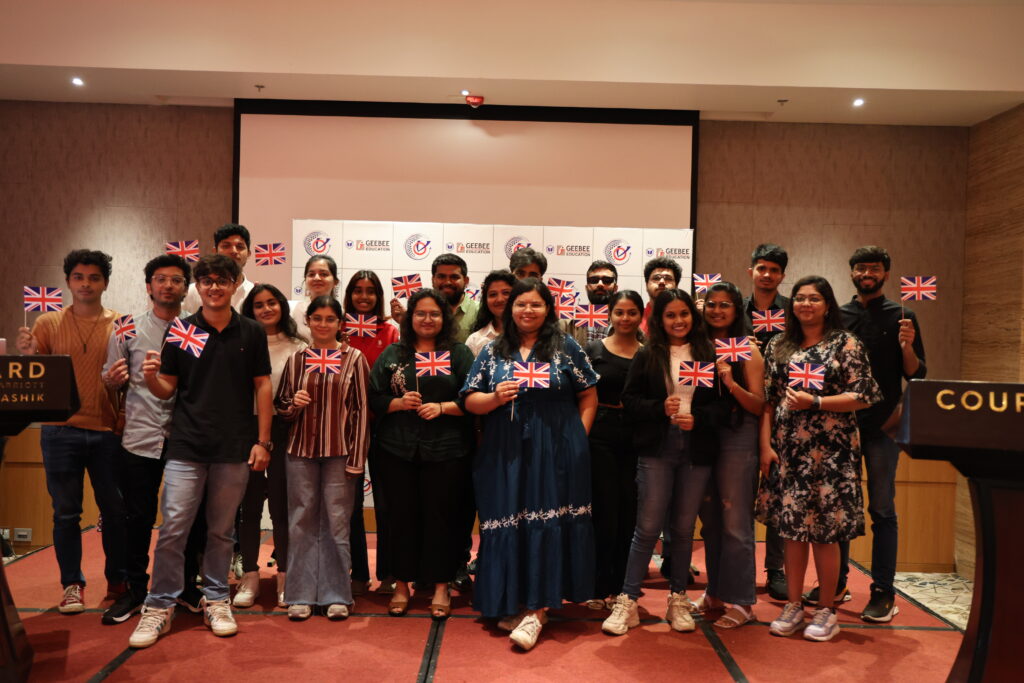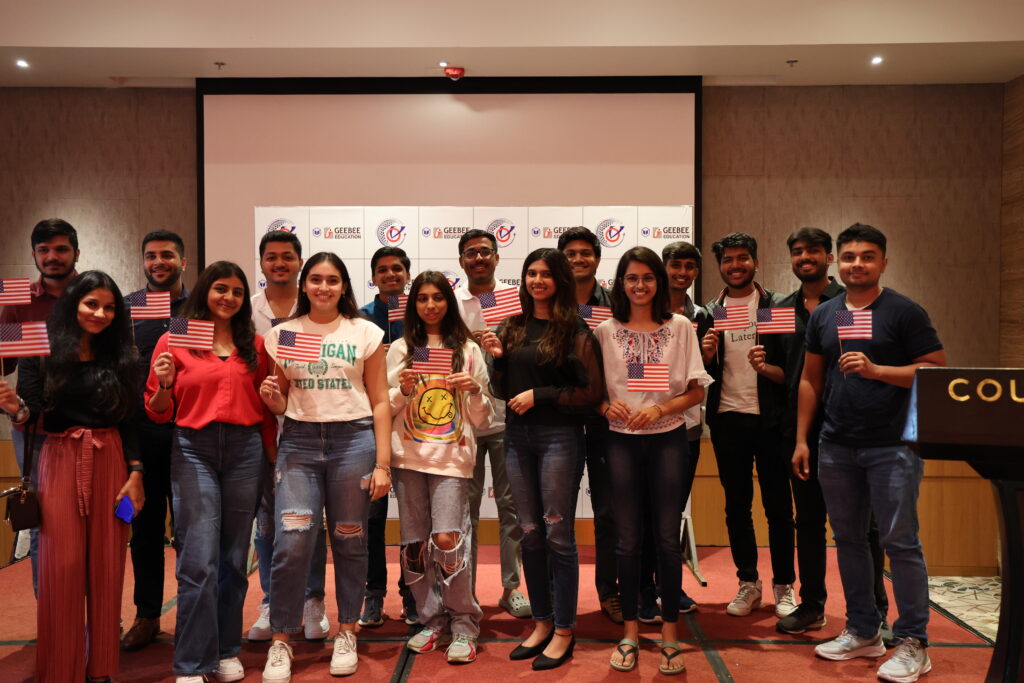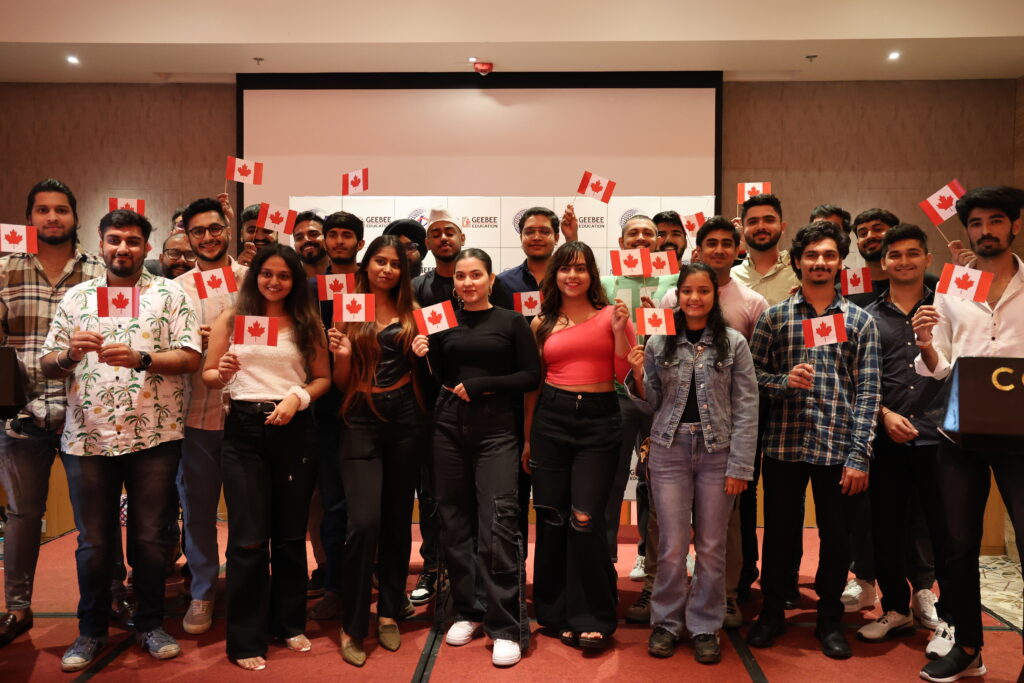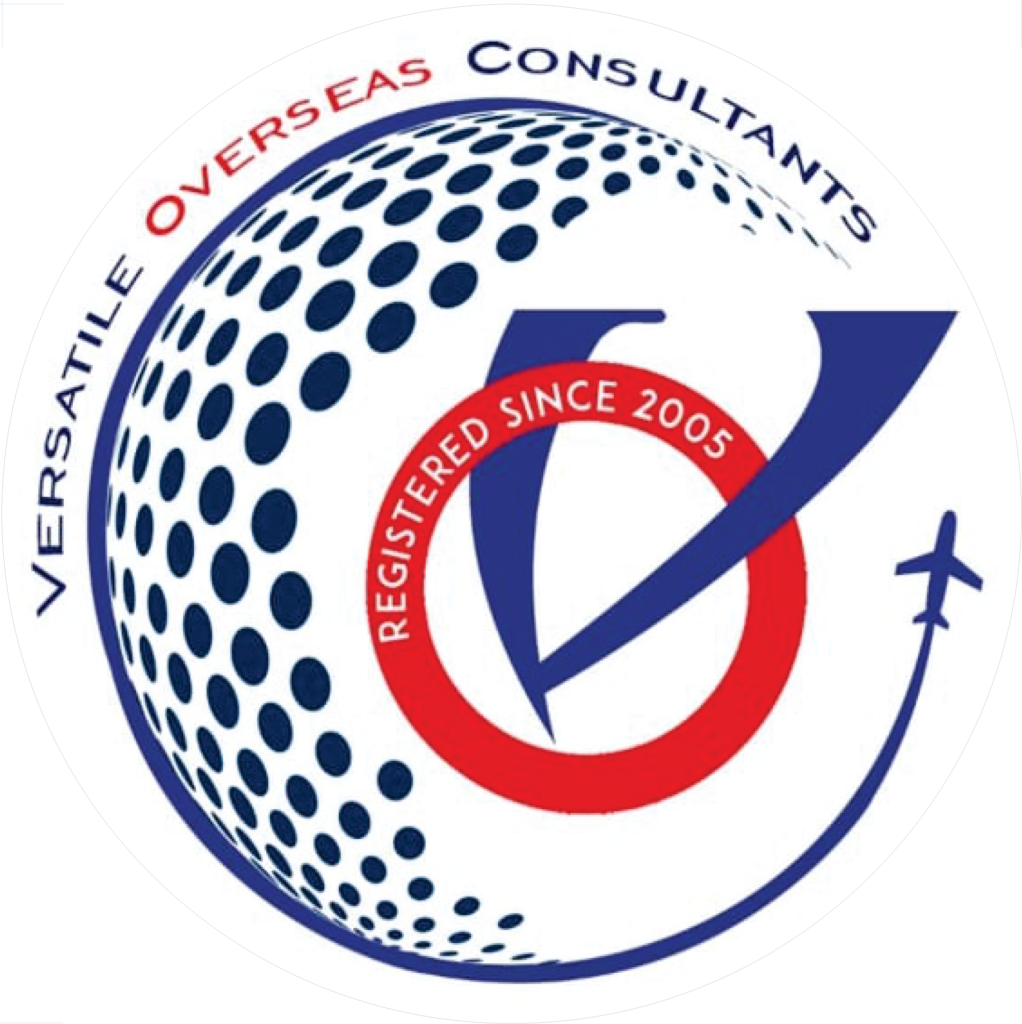Study Abroad Counselling
Study Abroad
Counselling
Our counselling sessions will immensely benefit you in making the best academic decision that suits your career choices.
Versatile Overseas Consultants is a premier overseas education consulting firm that offers the best in-its-class personalized guidance and counseling to students who wish to study abroad. We have years of experience in guiding students from diverse cultural backgrounds, and our team of highly skilled and professional counsellors ensures that you are given the most personalized, appropriate, & accurate advice, providing you with an end-to-end solution for your overseas education needs.We at Versatile Overseas Consultants help you pursue courses like bachelors, study diplomas, P.G. diplomas, masters, and PhDs in all streams in countries like the USA, United Kingdom, New Zealand, Canada, Germany, Australia, Europe, and many more. We are also one of the top IELTS, TOEFL, GRE, GMAT, and SAT coaching centers in Nashik and Pune to provide training to the many students every year who are looking to study abroad.
- UK
- SINGAPORE
- GERMANY
- NEW ZEALAND
- CANADA
- UNITES STATES
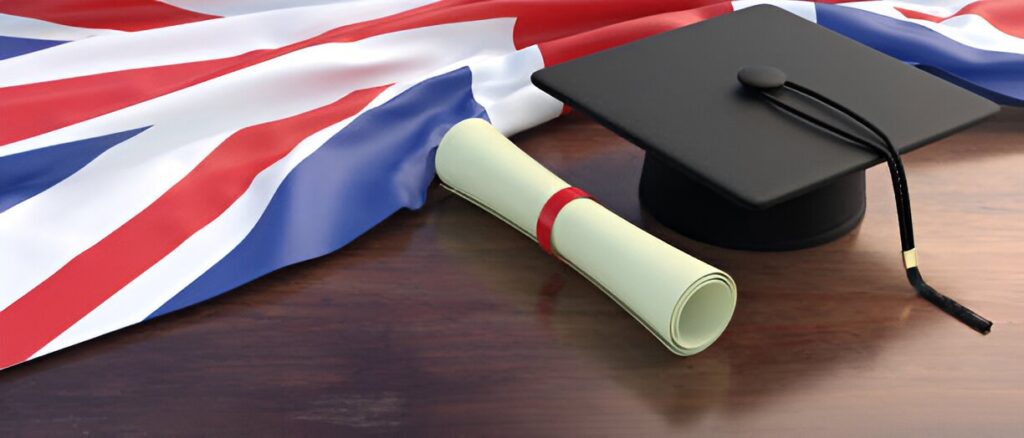
United Kingdom
Did u know?

SINGAPORE
Interesting Facts

GERMANY
Interesting Facts
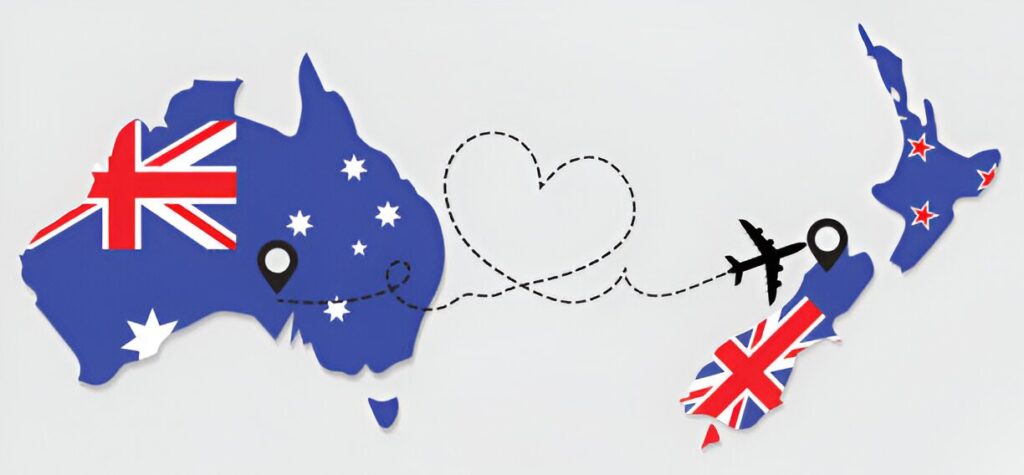
NEW ZEALAND
Interesting Facts
- New Zealand is almost 20% bigger than the UK but has a smaller population than Scotland
- Every new day in the world begins in New Zealand. Light and time start here
- New Zealand Is made up of two bigger islands (North Island and South Island) and hundreds of smaller islands
- Voted the ‘best travel destination’ by Lonely Planet two years in a row!
- For the year ending December 2011, New Zealand welcomed more than 2.6 million visitors, an increase of three per cent on the previous year
- Sir Edmund Hillary, the first person to climb Mount Everest in 1953, was a New Zealander
- New Zealand is the first country to give women the right to vote
- New Zealand has more book-shops per head of population than any other country; one for every 7500 people
- Joseph Nathan was a New Zealand entrepreneur that, in 1906, founded Glaxo, producer of the dried milk formula that became a household name for infant health & nutrition. Today, the company forms the cornerstone of the multinational corporation – GlaxoSmithKline
- No part of New Zealand is more than 128km from the sea
- Less than 5 per cent of the population of New Zealand is human – the rest are animals. This is one of the highest ratios of animals to humans in the world
- “Lord of the Rings” was filmed entirely in New Zealand
- Bungee jumping was originated in New Zealand
- New Zealand athletic trainer Arthur Lydiard invented jogging – the method of building physical fitness by gradually increasing stamina
- Auckland is the largest Polynesian city in the world and is also known as the city of sails. It has more boats per capita than anywhere in the world

CANADA
Interesting Facts

UNITES STATES OF AMERICA
Diversity:
While students must exercise caution in a few locations, in much of the U.S.A., streets and university campuses are clean and safe.
Differences:
The goal is pragmatic, so that you will gain confidence and the ability to organize and present an argument.
Most U.S. university students live on or near the school campus. When you are studying in the U.S.A., you will have many opportunities to join planned and informal activities with other students, such as hiking, skiing, museum visits, excursions to new cities, and U.S.A. tourist attractions. Imagine visiting New York and taking a ferry to the Statue of Liberty!
The Leading Edge:
U.S. Education System:
U.S. higher education starts with undergraduate courses. You can earn either a two-year associate’s degree or a four-year bachelor’s degree. Students often earn an associate’s degree first, and then study two more years to gain a bachelor’s (or baccalaureate) degree.
Usually, a bachelor’s degree will be awarded by a university, whereas an associate’s degree may be earned either at a community college or university.
Undergraduate degrees (and some master’s degrees) are awarded after a student completes a pre-determined number of courses. A student is awarded credits for the courses he or she takes, and the degree is complete when the student completes the required number of credits. This means that although most students complete bachelor’s degrees in four years, some spend longer if they take part-time classes or take time off from school.
Graduate degrees, often known as master’s degrees, require at least two years at a university. These are often termed “advanced professional degrees,” as they tend to be aimed at specific professions. Graduate degrees are career-advancing degrees in subjects such as medicine, law, and management.
For example, a Master’s in Business Administration (MBA) is the standard business graduate degree. Doctorates (PhDs) usually take four years to complete, and are research-based.
Benefits of Studying in the USA:
Choice: The U.S. education system is unrivaled worldwide in its variety institutions, academic and social environments, entry requirements, degree programs, and subjects.
Flexibility:
Services
